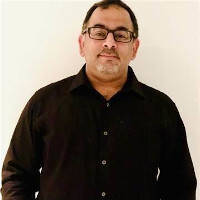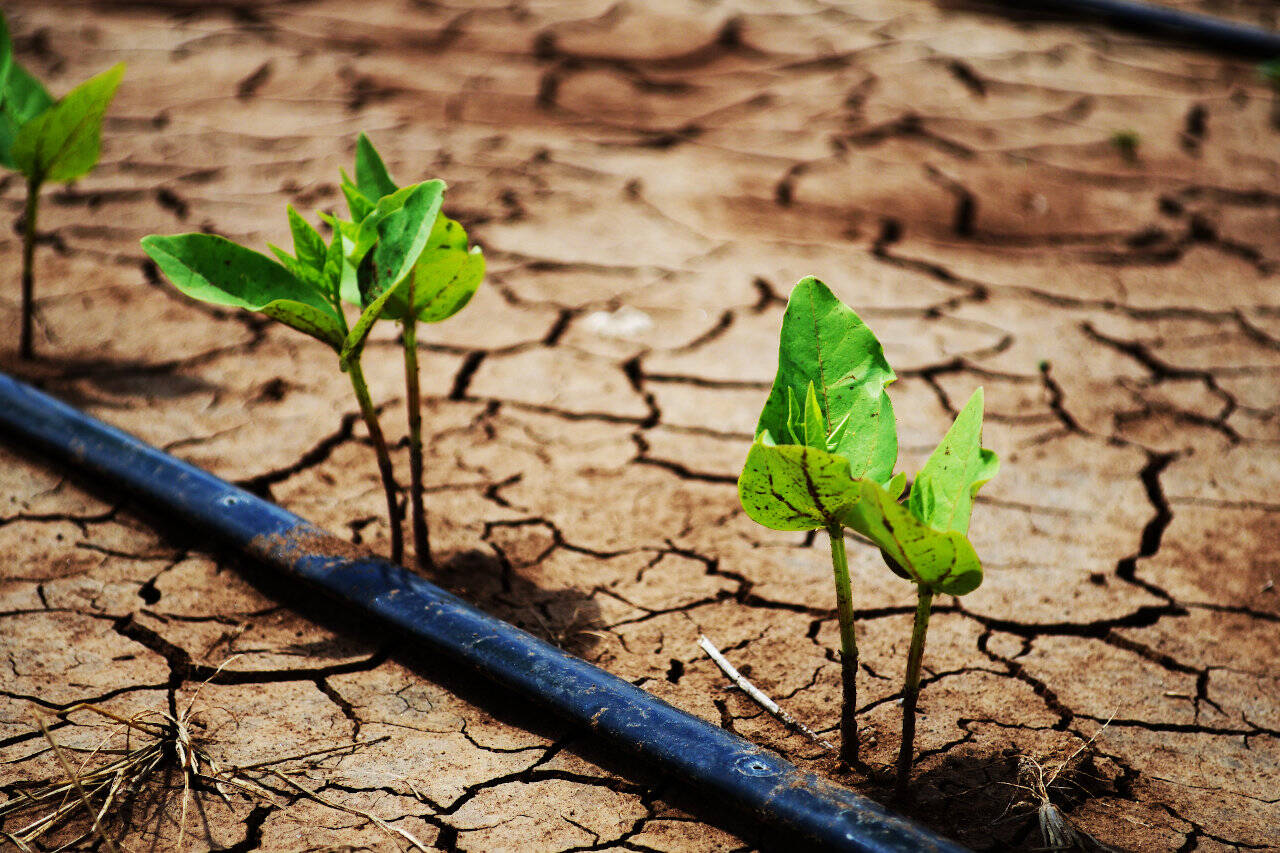Being the Change in Water Innovation


On World Water Day 2023, Vinay Nangia, Team Leader of ICARDA’s Soil, Water, and Agronomy Research Unit, explains how ICARDA’s agri-water innovations and approaches help farmers to “Be the Change” for better water use in dryland agriculture.
Did you know that it takes one liter of water to produce one calorie of food or that a healthy human body needs 2,500 calories a day? Changing how we produce and consume food to reduce our water footprint matters.
ICARDA works closely with governments and farmers in dry regions to do just that. Drylands cover over 40 percent of the world’s land surface and support 44 percent of its food production, providing livelihoods and food and nutrition security for millions of farming communities – people we help to become water-smart in the face of increasing climate uncertainty.
By taking a three-pronged approach to making every drop count, ICARDA operates as a one-stop shop to develop the right innovations and practices that catalyze change across dryland food production systems. Individually, our new water-use approaches can significantly improve yields and national food sovereignty. If adopted systemically and at scale, their impact on the global water footprint could be game-changing.

Given the intensifying climate events and diminishing freshwater resources, the global picture for farmers in the driest areas could look bleak without continued innovation to help make agriculture more efficient and more productive in all ways. The critical research we conduct on the ground engages the farmers right from the start, ensuring our solutions work for them and are adopted. It buys them time, while ‘bigger picture’ solutions to limit global warming and reduce climate emissions build momentum.
"Today marks the halfway point of the UN Decade for Action on Water for Sustainable Development. I am proud that as part of this campaign to accelerate global action to meet water-related challenges, ICARDA is helping the communities we serve to take action in their own lives to change how they use, consume, and manage water. That is the only way to achieve climate-smart food system transformation." - Vinay Nangia
Join us and “Be the Change” for #WaterAction on #WordWaterDay.
--------------------------------------------------------------------------



